November 17 stands as one of history’s most eventful days, witnessing the rise and fall of empires, groundbreaking discoveries, and moments that shaped our modern world across centuries of human achievement.
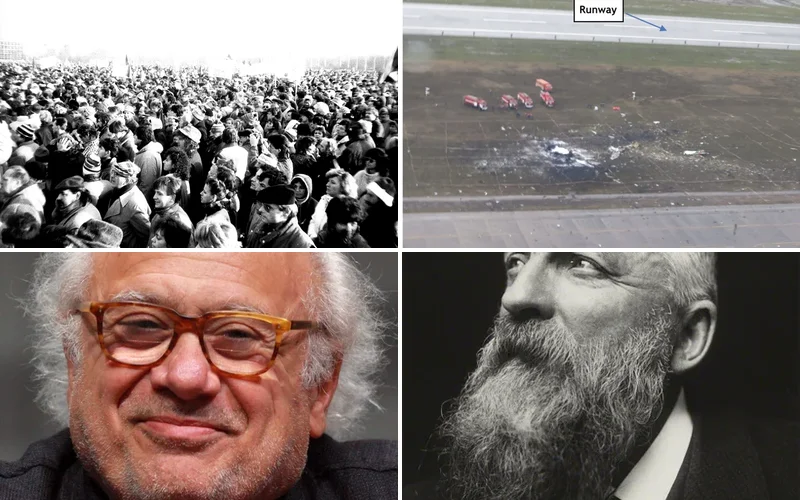
Politics and Government Events on November 17
1903 – Russian Social Democratic Labour Party Split
The Russian Social Democratic Labour Party fractured into two opposing factions on this pivotal day. The Bolsheviks, meaning “majority,” clashed with the Mensheviks, or “minority,” over revolutionary strategy.
This ideological division would profoundly shape Russian politics for decades to come. The split planted seeds for the eventual Bolshevik Revolution that transformed the Russian Empire.
1950 – United Nations Palestine Resolution Adopted
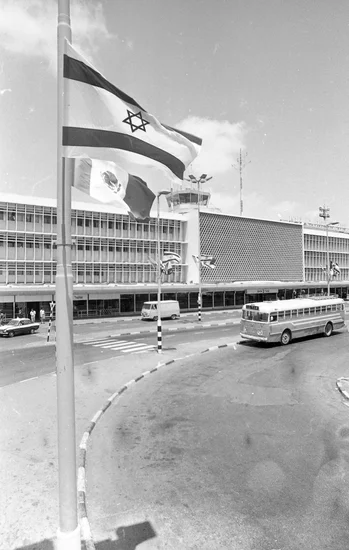
The UN Security Council passed Resolution 89 addressing the complex Palestine Question. International diplomats worked to establish frameworks for regional stability.
The resolution represented ongoing efforts to resolve Middle Eastern conflicts through multilateral cooperation. These diplomatic initiatives would influence decades of peace negotiations.
1973 – Nixon’s “I Am Not a Crook” Declaration
President Richard Nixon delivered his famous denial to 400 Associated Press editors in Orlando, Florida. His emphatic statement attempted to restore public confidence amid mounting scandal.
The Watergate investigation continued to intensify despite Nixon’s public protests of innocence. This moment became an iconic symbol of presidential crisis and public distrust.
1993 – Nigerian Military Coup

General Sani Abacha seized power from Ernest Shonekan’s government in a swift military takeover. Nigerian political stability crumbled as democratic institutions faced military intervention.
The coup marked another chapter in Nigeria’s turbulent post-independence political history. Abacha’s rule would prove controversial and repressive for years to come.
2000 – Fujimori Removed from Peruvian Presidency
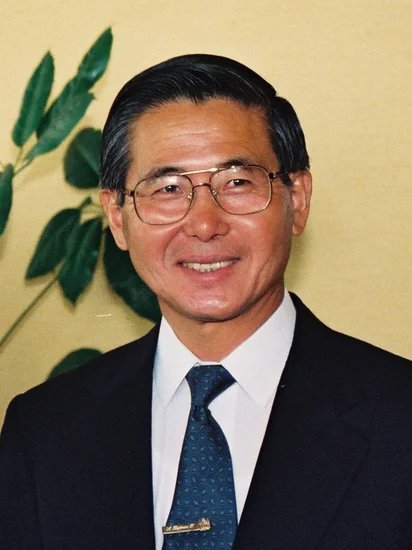
Alberto Fujimori was formally removed from office as Peru’s president after years of authoritarian rule. Political opposition finally succeeded in ending his controversial administration.
The removal marked a significant victory for democratic forces in Peru. Fujimori’s departure opened new possibilities for political reform and institutional rebuilding.
2027 – Schwarzenegger Assumes California Governorship

Arnold Schwarzenegger began his tenure as California’s governor following his recall election victory. The former action star transitioned from Hollywood celebrity to political leadership.
His governorship represented a dramatic shift in California politics and celebrity involvement in governance. Schwarzenegger’s administration would focus on fiscal reform and environmental initiatives.
Military and Naval History on November 17
1939 – Nazi Response to Czech Student Demonstrations
German authorities executed nine Czech students in brutal retaliation for anti-Nazi protests. All Czech universities were shut down while over 1,200 students faced deportation to concentration camps.
This violent crackdown sparked international outrage and strengthened Czech resistance movements. The date later became International Students’ Day to commemorate their sacrifice.
1967 – Johnson’s Vietnam War Progress Report
President Lyndon Johnson assured the American public that Vietnam War efforts were succeeding. He claimed that U.S. forces were “inflicting greater losses than we’re taking.”
Johnson’s optimistic assessment contradicted growing evidence of military challenges in Southeast Asia. His statements would soon be challenged by the reality of continued conflict.
1970 – Lieutenant Calley’s My Lai Trial Begins
Lieutenant William Calley faced court-martial proceedings for his role in the My Lai Massacre. The trial exposed horrific wartime atrocities committed by American soldiers.
The proceedings shocked the American public and intensified anti-war sentiment nationwide. Calley’s trial became a symbol of moral failure in the Vietnam conflict.
1973 – Athens Polytechnic Uprising Ends
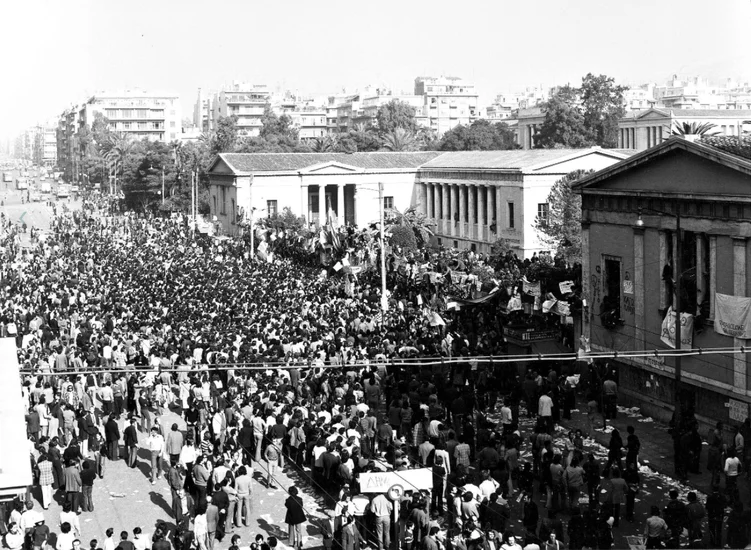
Greek military forces violently suppressed the student uprising at Athens Polytechnic. Blood flowed in the Greek capital as pro-democracy protesters faced brutal government repression.
The uprising’s suppression galvanized opposition to the military junta ruling Greece. These events accelerated the eventual restoration of democratic government.
Science and Discovery Milestones on November 17
1947 – Transistor Principles Discovered
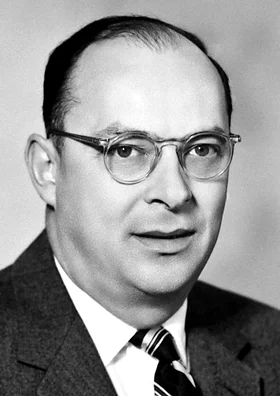
American scientists John Bardeen and Walter Brattain observed the fundamental principles behind transistor technology. Their groundbreaking work laid the foundation for the modern electronics revolution.
The transistor discovery would transform computing, telecommunications, and countless other industries. This scientific breakthrough enabled the digital age that followed.
1970 – Soviet Lunokhod 1 Moon Landing
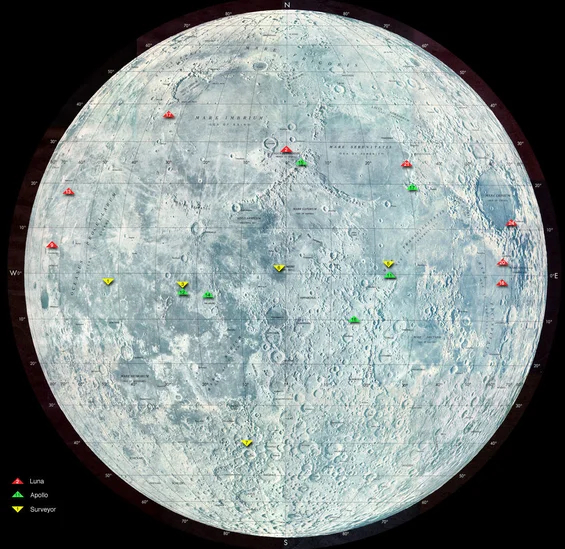
The Soviet Union successfully landed Lunokhod 1, the first remote-controlled robot rover, on the Moon’s Mare Imbrium. This technological achievement demonstrated advanced robotics capabilities in space exploration.
The Luna 17 mission marked a significant milestone in planetary exploration technology. Lunokhod 1 would operate for months, gathering valuable scientific data about lunar conditions.
1986 – Japan Airlines UFO Incident

The crew of Japan Airlines Flight 1628 reported an extraordinary UFO sighting while flying over Alaska. Their detailed account sparked widespread interest in unidentified aerial phenomena.
The incident became one of the most well-documented UFO cases in aviation history. Federal authorities investigated the sighting but reached no definitive conclusions.
2019 – First COVID-19 Case Identified
Medical authorities traced the first known COVID-19 case to a 55-year-old man in Wuhan, China. The patient had visited a local market before developing symptoms.
This initial case marked the beginning of a global pandemic that would transform world health systems. The virus would eventually spread to every continent, affecting billions of lives.
Cultural and Arts Events on November 17
1940 – Tartu Art Museum Established
The Tartu Art Museum opened its doors in Estonia, creating a new cultural institution. The museum began collecting and displaying significant Estonian artistic works.
This cultural milestone enhanced Estonia’s artistic heritage preservation efforts. The museum would become a cornerstone of Estonian cultural identity and education.
1947 – Screen Actors Guild Loyalty Oath
The Screen Actors Guild implemented an anti-Communist loyalty oath for its members. Hollywood professionals faced pressure to publicly declare their political allegiances.
This decision reflected Cold War tensions infiltrating American entertainment industry. The loyalty oath controversy would affect careers and creative expression for years.
1968 – Heidi Bowl Broadcasting Controversy

NBC’s decision to broadcast “Heidi” instead of completing the Raiders-Jets football game sparked nationwide outrage. Viewers missed the game’s dramatic finish when the network switched programming.
The incident forced major changes in sports broadcasting policies across American television. Networks now contractually guarantee complete game coverage regardless of scheduled programming.
Religious and Social Events on November 17
1950 – Dalai Lama Official Recognition
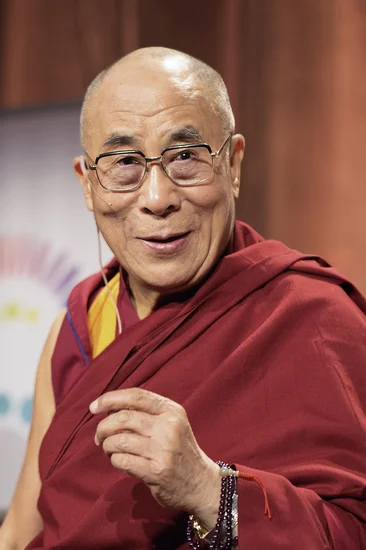
Lhamo Dondrub was officially recognized as the 14th Dalai Lama by Tibetan religious authorities. This ceremonial recognition confirmed his spiritual leadership role.
The young leader would face enormous challenges as political tensions with China intensified. His recognition marked the beginning of a lifetime dedicated to Tibetan Buddhism and cultural preservation.
1953 – Blasket Islands Evacuation
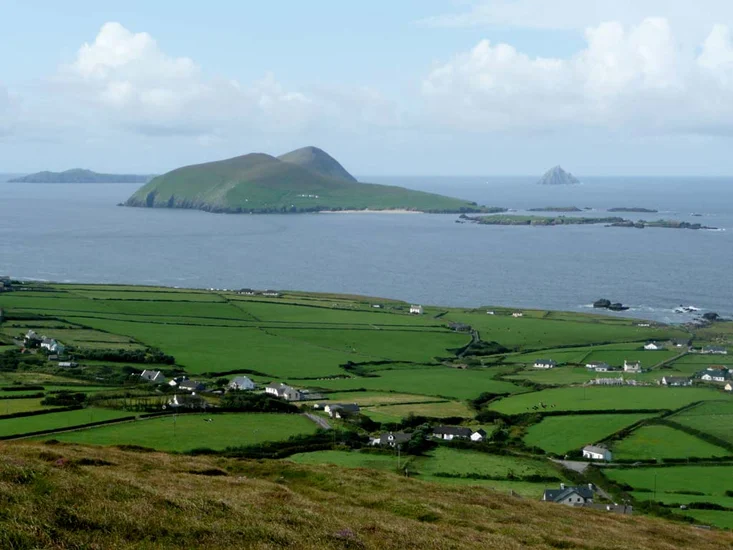
The final residents of Ireland’s Blasket Islands were evacuated to the mainland. This marked the end of a unique Gaelic-speaking community that had existed for centuries.
The evacuation represented the disappearance of an ancient way of life. The islands’ cultural heritage would be preserved only through literature and historical documentation.
1983 – Zapatista Army Foundation
The Zapatista Army of National Liberation was founded in Mexico to advocate for indigenous rights. The organization sought to protect traditional communities from government oppression.
The Zapatistas would later emerge as a significant force in Mexican politics and social justice. Their movement inspired indigenous rights activism across Latin America.
Business and Economic Events on November 17
1993 – NAFTA House Resolution Passed
The United States House of Representatives approved legislation establishing the North American Free Trade Agreement. Congressional approval moved the landmark trade deal toward implementation.
NAFTA promised to eliminate trade barriers between the United States, Canada, and Mexico. The agreement would reshape North American economic relationships for decades.
1962 – Dulles International Airport Dedication
President John F. Kennedy dedicated Washington Dulles International Airport in a ceremony celebrating modern aviation infrastructure. The airport represented cutting-edge design and technology.
Dulles Airport would serve as a major gateway for international travel to the Washington region. Its innovative architecture became an iconic symbol of American aviation advancement.
1968 – BAC One-Eleven Commercial Service Launch
British European Airways introduced the BAC One-Eleven aircraft into regular commercial service. The new jet represented significant advances in regional aviation technology.
The aircraft’s introduction expanded short-haul flight options across Europe. Airlines embraced the One-Eleven’s efficiency and passenger comfort features.
Transportation and Infrastructure on November 17
1958 – Vickers Viscount Emergency Landing
A British European Airways Vickers Viscount successfully emergency landed at Ballerup after losing three engines approaching Copenhagen Airport. The anti-icing system malfunction caused the multiple engine failures.
Remarkably, all passengers and crew survived the harrowing incident. The successful emergency landing demonstrated excellent pilot training and aircraft safety systems.
2012 – Egyptian Railway Crossing Tragedy
At least 50 schoolchildren died in a horrific accident at a railway crossing near Manfalut, Egypt. The tragic collision devastated the local community and shocked the nation.
The accident highlighted serious safety concerns about railway infrastructure and crossing protection systems. Egyptian authorities launched investigations into transportation safety protocols.
2013 – Tatarstan Airlines Crash
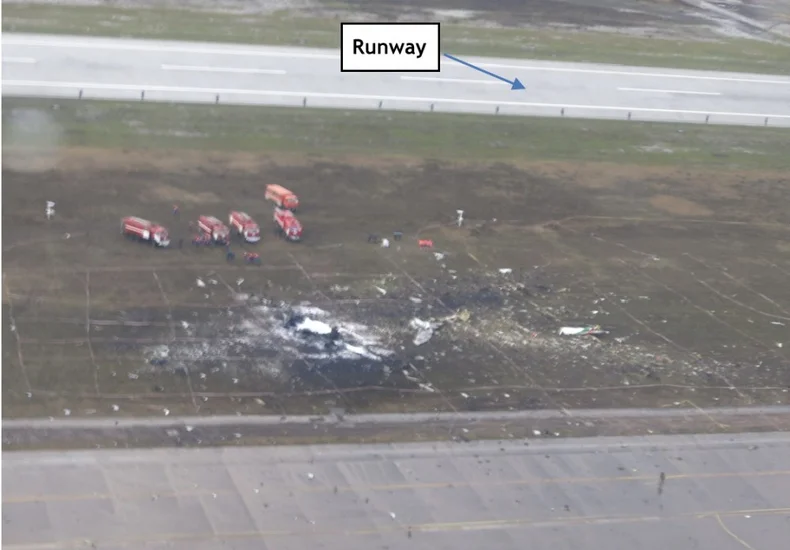
Tatarstan Airlines Flight 363 crashed at Kazan Airport, killing all 50 people aboard. The Boeing 737 accident occurred during a landing approach in challenging weather conditions.
Aviation authorities launched comprehensive investigations into the crash causes. The tragedy prompted reviews of airline safety procedures and pilot training requirements.
Sports and Recreation on November 17
1989 – Velvet Revolution Begins
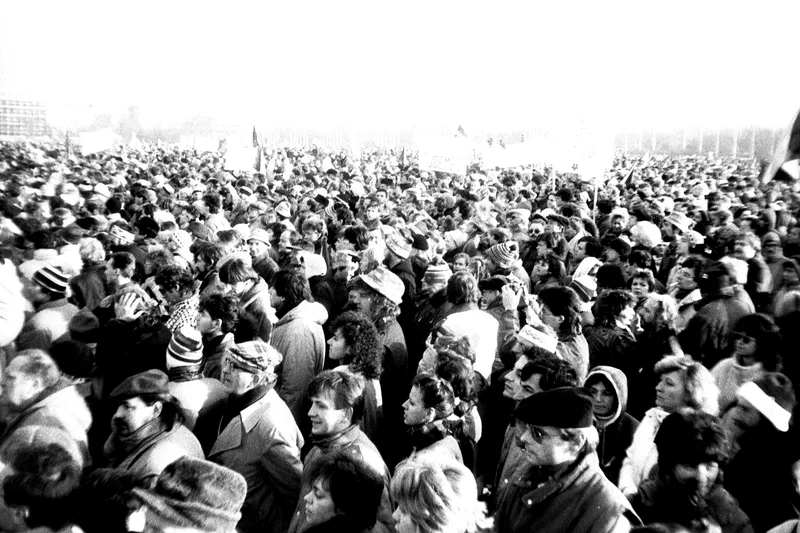
Czech student demonstrations in Prague were violently suppressed by riot police, sparking the Velvet Revolution. The peaceful uprising aimed to overthrow communist government control.
The revolution would successfully topple the communist regime within weeks. This nonviolent transition to democracy inspired similar movements across Eastern Europe.
1997 – Luxor Massacre
Six Islamic militants killed 62 people outside the Temple of Hatshepsut in Luxor, Egypt. The terrorist attack devastated Egypt’s crucial tourism industry.
The massacre shocked the international community and damaged Egypt’s reputation as a safe travel destination. Egyptian security forces intensified counter-terrorism efforts following the attack.
2013 – Midwest Tornado Outbreak

A rare late-season tornado outbreak struck the Midwest, producing nearly six dozen tornadoes across multiple states. Illinois and Indiana bore the brunt of the severe weather.
The outbreak included seven EF3 and two EF4 tornadoes causing extensive property damage. Meteorologists noted the unusual nature of such intense tornado activity so late in the season.
Notable Births on November 17
1902 – Eugene Wigner Born
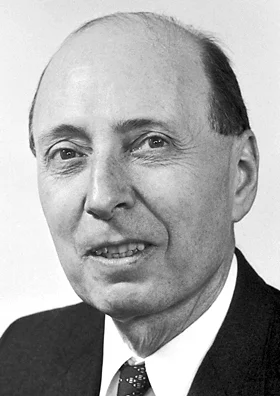
Hungarian physicist Eugene Wigner was born, destined to become a Nobel Prize laureate. His early fascination with mathematics and physics shaped his academic trajectory.
Wigner would make fundamental contributions to quantum mechanics and nuclear physics. His theoretical work helped establish the foundation for modern atomic science.
1906 – Soichiro Honda Born
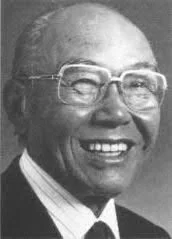
Japanese engineer Soichiro Honda was born in a small village, beginning a life of mechanical innovation. His childhood curiosity about engines and machinery sparked lifelong passion.
Honda would co-found the Honda Motor Company, revolutionizing global transportation. His engineering genius transformed Japan into a major automotive manufacturing powerhouse.
1942 – Martin Scorsese Born
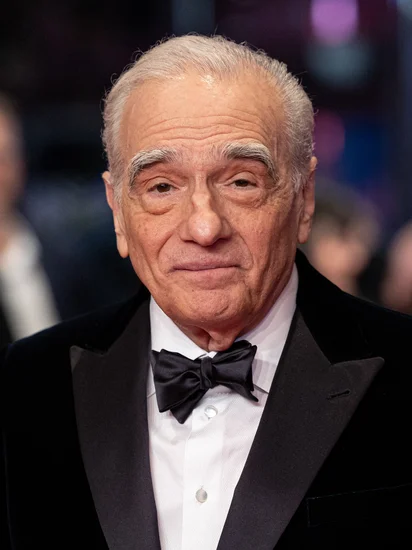
American filmmaker Martin Scorsese was born in New York City, entering a world of cinematic possibility. His early exposure to films ignited his directorial ambitions.
Scorsese would become one of cinema’s most influential directors, crafting masterpieces of American filmmaking. His work would define modern crime drama and cinematic storytelling.
1944 – Danny DeVito Born
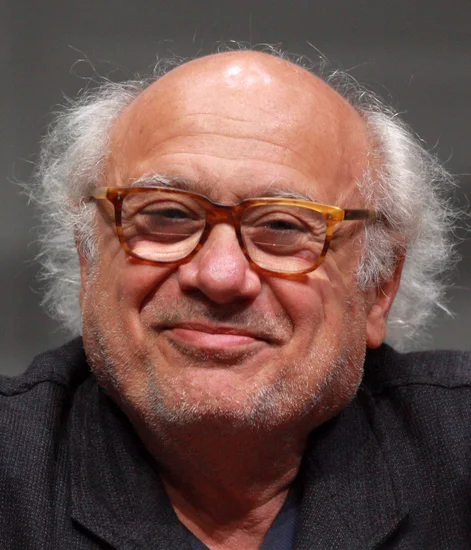
American actor Danny DeVito was born in New Jersey, beginning a remarkable entertainment career. His distinctive appearance and comedic timing would make him instantly recognizable.
DeVito would excel as both actor and director, creating memorable characters across film and television. His versatility would span comedy, drama, and behind-the-camera work.
1960 – RuPaul Born

American drag performer RuPaul was born in San Diego, California, destined to revolutionize drag culture. His early performances showcased exceptional charisma and theatrical talent.
RuPaul would become the world’s most famous drag queen, hosting successful television shows. His mainstream success helped bring drag performance into popular culture.
1978 – Rachel McAdams Born

Canadian actress Rachel McAdams was born in London, Ontario, beginning her journey toward Hollywood stardom. Her natural acting ability emerged during childhood performances.
McAdams would star in numerous successful films, becoming one of Canada’s most recognizable actresses. Her versatility would span romantic comedies, dramas, and action films.
Notable Deaths on November 17
1917 – Auguste Rodin Dies

French sculptor Auguste Rodin passed away, leaving behind an revolutionary artistic legacy. His innovative approach to sculpture transformed modern artistic expression.
Rodin’s masterpieces like “The Thinker” became iconic symbols of human contemplation. His work influenced generations of sculptors and artists worldwide.
1959 – Heitor Villa-Lobos Dies
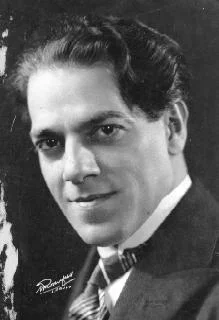
Brazilian composer Heitor Villa-Lobos died, concluding a prolific career in classical music. His compositions blended traditional Brazilian folk music with European classical forms.
Villa-Lobos created over 2,000 musical works, establishing Brazil’s classical music reputation internationally. His innovative style influenced Latin American composers for decades.
1968 – Mervyn Peake Dies
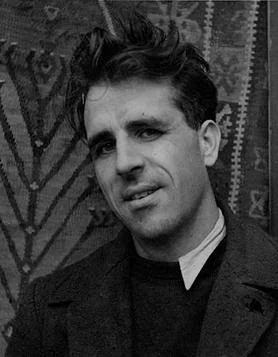
English author Mervyn Peake passed away, leaving behind the acclaimed Gormenghast trilogy. His gothic fantasy novels redefined imaginative literature.
Peake’s unique writing style combined dark humor with elaborate world-building. His artistic vision as both writer and illustrator created unforgettable literary experiences.
2006 – Ferenc Puskás Dies
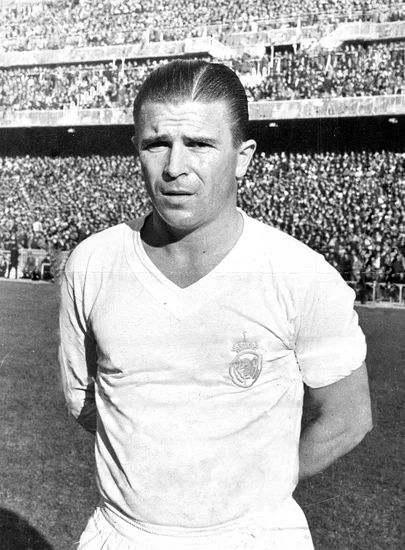
Hungarian footballer Ferenc Puskás died, ending the life of one of soccer’s greatest players. His exceptional goal-scoring ability made him a global sporting legend.
Puskás led Hungary’s “Golden Team” and later starred for Real Madrid. His influence on international football tactics and playing style endures today.
2013 – Doris Lessing Dies
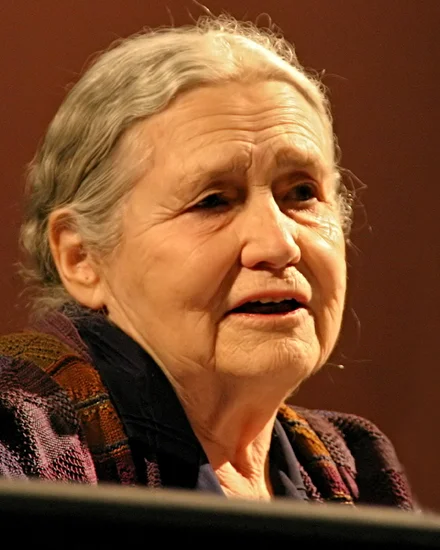
British novelist Doris Lessing passed away, concluding a distinguished literary career. Her groundbreaking novels explored themes of politics, psychology, and social change.
Lessing won the Nobel Prize in Literature for her profound contributions to modern fiction. Her works challenged conventional narrative structures and social assumptions.
2021 – Young Dolph Dies

American rapper Young Dolph was killed in Memphis, Tennessee, shocking the hip-hop community. His independent approach to music business had inspired many artists.
Young Dolph’s death highlighted ongoing violence affecting rap music culture. His entrepreneurial success demonstrated alternative paths for musical artist development.
Holidays and Observances on November 17
International Students’ Day
International Students’ Day commemorates the brave Czech students who died protesting Nazi occupation in 1939. Educational institutions worldwide honor student activism and academic freedom.
The observance particularly resonates in the Czech Republic, where student sacrifice is remembered annually. Universities use this day to promote democratic values and educational rights.
World Prematurity Day

World Prematurity Day raises awareness about premature birth challenges and medical advances. Healthcare organizations promote better prenatal care and neonatal treatment options.
The observance helps families affected by premature births connect with support resources. Medical professionals use this day to advocate for improved maternal and infant health services.
Athens Polytechnic Uprising Remembrance Day

Greece commemorates the student uprising against military dictatorship that ended in bloodshed in 1973. The day honors those who sacrificed their lives for democratic freedom.
Greek educational institutions hold ceremonies remembering the courage of student protesters. The observance reinforces Greece’s commitment to democratic values and human rights.
